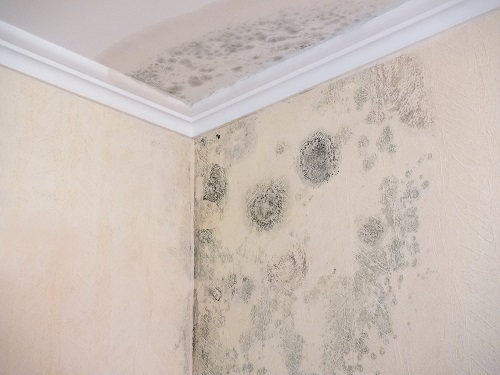What problems should raise flags during a home inspection?
Part 3 in our series of home inspection questions
Part 1: Questions to Ask BEFORE Your Home Inspection
Part 2: Questions to Ask DURING Your Home Inspection
There are a number of issues that can be found during a home inspection that should raise a red flag. But these issues do not always mean that you need to walk away from what is otherwise your dream home. To help you understand the situation, you’ll want to ask questions, especially about these things:
Asbestos
It’s common for old pipes to be wrapped with asbestos, and there are some other areas where older homes may find it more prevalent. It’s important to ask questions, such as:
- Does the asbestos need to be removed immediately?
- Is the asbestos a problem if I leave it untouched?
Asbestos may require remediation at some point (especially if you need to remodel), but is not always an immediate issue if it will otherwise be undisturbed. You can use this as a negotiation point by asking the sellers to reduce the home price by the estimated cost of remediation.
Mold
The home inspection report should note if the home inspector sees any spots of mold on ceilings, in closets, or around beams in the attic. If any is found, ask the home inspector if remediation is required. Sometimes, instead of remediation, it can be surface cleaned and have a vent installed. More serious issues may require air quality testing and full remediation.
Oil Tanks
Residential underground or above-ground, oil tanks are not as prevalent in Texas as they are in some areas of the Northeast, but when they are present, or have been present, they can still be an issue.
A bigger issue is when they are hidden. In Texas, tanks under a certain size, or used for heating oil (most common residential use) were not included in the reporting requirements that were enacted in 1987, so there may not be record of a tank on the property.
Ask the home inspector if there is evidence of a tank that has been removed (or one still present). Even after removal, you will need to verify that soil has not been contaminated. Tanks that have leaked into the soil can cost into six figures for cleanup.
HVAC System
A good home inspector will point out the furnace maintenance sticker – a lot of service calls in a short amount of time could be a bad sign. A system that is old and greasy can also be a red flag. The original purchase date should also be shown on the sticker and may give you an idea of how long of a usable life until you may need to replace the system.
- Furnaces last about 15 years.
- Hot water heaters last 8 to 12 years.
- Air conditioning units last 5 to 7 years.
Don’t miss our next article on home inspection concerns for specific types of properties
For commercial property inspections in the Dallas/Fort Worth area, including a thorough and informative home inspection report, learn more at
or request a quote for a commercial inspection at
682-351-2267



